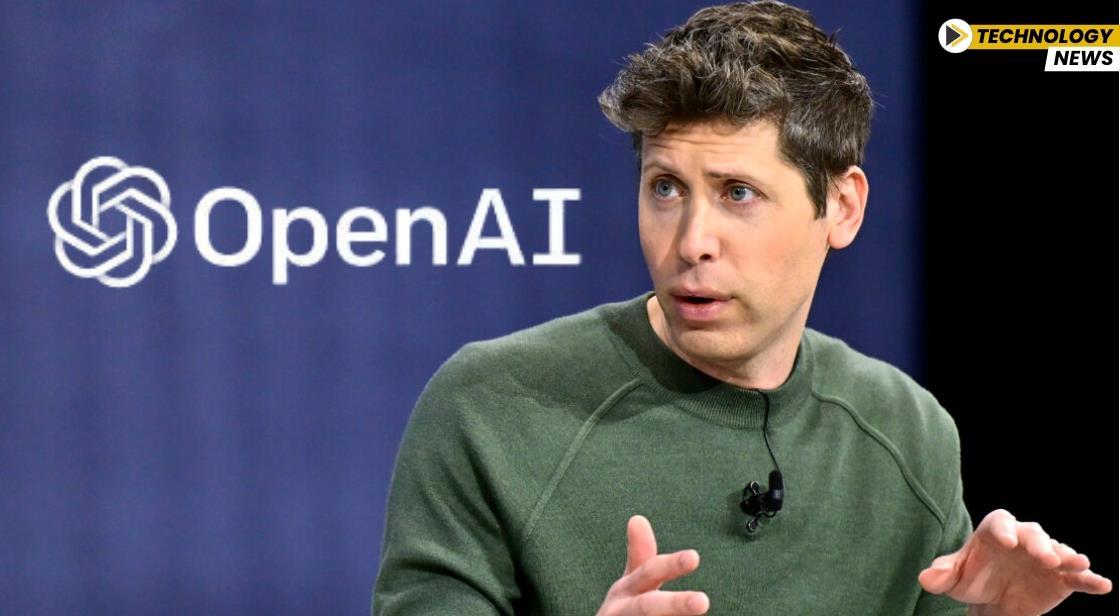OpenAI Employees to Sell $6 Billion in Shares, Valuation Hits $500 Billion

News Synopsis
Current and former OpenAI employees are in advanced talks to sell approximately $6 billion worth of shares to a group of investors that includes SoftBank Group Corp., Thrive Capital, and Dragoneer Investment Group, according to sources familiar with the matter.
The potential deal would value the ChatGPT-maker at $500 billion, marking a historic milestone for the AI industry.
The talks are still in early stages, and the final size of the transaction could shift, the sources said. Importantly, this employee-led share sale is separate from SoftBank’s commitment to lead OpenAI’s $40 billion funding round, which values the company at $300 billion. That round has already seen $8.3 billion secured from investors.
Why This Matters for Employees
The secondary share sale offers OpenAI staff a lucrative opportunity to cash out, especially amid the fierce competition for AI talent. Tech giants like Meta Platforms Inc. are aggressively recruiting, often luring away OpenAI engineers with massive compensation packages. In 2025, several OpenAI employees—including Shengjia Zhao, co-creator of ChatGPT—have already joined Meta.
Unlike traditional funding rounds, this deal enables current and former employees (with at least two years of service) to participate, while existing institutional investors are excluded from selling. Such arrangements are a growing trend among high-value startups seeking to retain talent without going public.
SoftBank’s Expanding Bet on AI
SoftBank’s involvement underscores its deep commitment to AI dominance. The Japanese conglomerate, led by Masayoshi Son, had earlier purchased $1 billion in OpenAI employee shares at a $300 billion valuation. Negotiations for that deal began before talks around the $500 billion secondary valuation.
By doubling down on its investments, SoftBank positions itself as a key backer of OpenAI’s long-term vision to dominate the artificial intelligence landscape.
OpenAI’s Soaring Valuation
If finalized, the $500 billion valuation would make OpenAI the most valuable startup in the world, surpassing Elon Musk’s SpaceX. According to Bloomberg, OpenAI expects revenue to triple to $12.7 billion in 2025, up from $3.7 billion in 2024.
The secondary sale coincides with the highly anticipated release of GPT-5, a model that has intensified the AI arms race across Silicon Valley and beyond.
Sam Altman’s Bold Vision
OpenAI CEO Sam Altman has been candid about the company’s monumental ambitions. Speaking with reporters this week, he emphasized that the company plans to invest trillions of dollars into infrastructure to sustain AI innovation in the near future.
Altman remarked:
“You should expect a bunch of economists to wring their hands and say, ‘This is so crazy, it’s so reckless,’ and whatever. And we’ll just be like, ‘You know what? Let us do our thing.’”
His statement reflects OpenAI’s uncompromising pursuit of technological breakthroughs, even in the face of skepticism.
Conclusion
OpenAI’s planned $6 billion employee stock sale marks a defining moment in the evolution of the global AI sector. By offering employees liquidity while avoiding a traditional IPO, the company is ensuring it retains top talent in a fiercely competitive landscape. The potential $500 billion valuation not only places OpenAI ahead of SpaceX but also underscores the surging investor confidence in the future of artificial intelligence.
Backed strongly by SoftBank, Thrive Capital, and Dragoneer, the deal reflects a powerful alignment between institutional investors and the world’s leading AI research lab. Combined with record revenue growth and the rollout of GPT-5, OpenAI is cementing its status as a global powerhouse.
At the helm, Sam Altman’s vision of trillion-dollar infrastructure investments demonstrates the company’s intent to remain at the cutting edge of technology. If these plans materialize, OpenAI could redefine not just AI, but the very foundation of the digital economy.
You May Like









